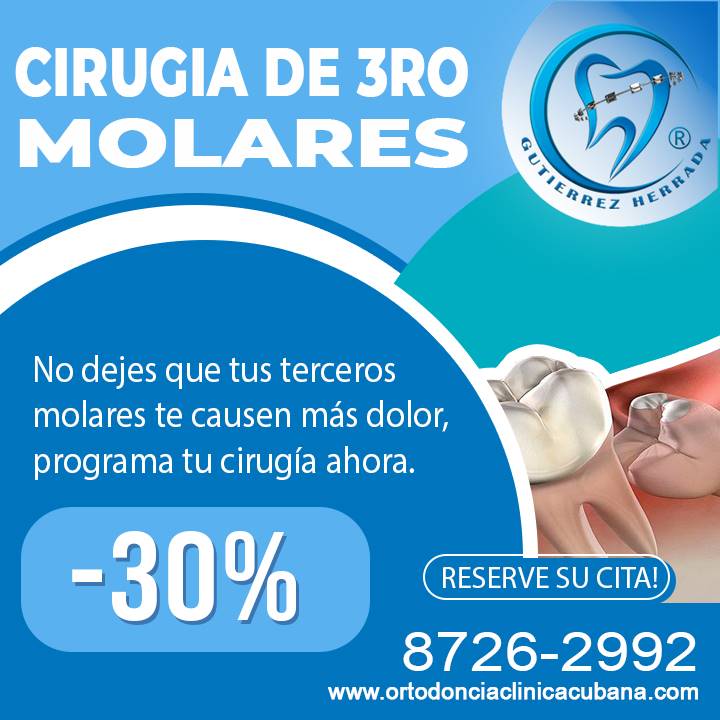
Oral surgery or oral surgical procedures can have multiple purposes:
Extraction of teeth that are embedded in the bone or semi-embedded, extraction of fractured root remnants, removal of granulomas (chronic inflammation) or cysts in periapical areas (i.e. in the vicinity of the tip of one or more tooth roots), removal of maxillary cysts, shaping the bone and gums to properly accommodate dental prostheses (pre-prosthetic surgery), removal of labial frenulums or the lingual frenulum, which cause alterations in the position of the teeth and/or speech, removal of minor salivary glands, taking tissue for analysis, etc.
Nature of oral surgery treatment
Although the purpose of oral surgery may vary, the techniques used will be very similar and involve, after anaesthesia, the incision of the gum, its detachment to a greater or lesser degree, the removal of the pathological or excess tissue (with curettage, if necessary, of the bone bed, if present) and, finally, the suturing of the wound. If the purpose of the operation is to obtain tissue for histopathological analysis (biopsy), this sample must be obtained.
Contraindicaciones y advertencias importantes de la cirugía bucal
- If you have, or think you have, a latex allergy, you must inform us before oral surgery, because most gloves contain latex.
- If you have had, or think you have, an allergy or any type of intolerance or abnormal reaction to local anesthetics or vasoconstrictors, you must let us know immediately.
- If you have hypertension or diabetes, do not forget to tell us, since certain components of local anesthetics (vasoconstrictors) can be exacerbated.
- If you have, or think you have, any problem that affects your coagulation, you must inform us before oral surgery, so that we can take specific precautions and measures.
- If you are taking anticoagulants, antiplatelet agents, aspirin or anti-inflammatory drugs, you must inform us so that we can take specific precautions and measures.
- Inform us if you have any heart disease that advises prophylaxis against bacterial endocarditis (rheumatic fever, artificial heart valves, etc.). If you have a cardiac pacemaker, please let us know, because the use of ultrasound devices sometimes used in this treatment is contraindicated.
Probable risks of oral surgery under normal conditions
All surgical interventions involve a series of risks and inconveniences that are unavoidable and must be accepted. Although relatively frequent, they do not usually have major repercussions and heal within a few days after oral surgery, but you should consult them so that we can ensure a quick resolution.
These are: those derived from local anesthesia, the appearance of pain or inflammation in the treated area, small hemorrhages or hematomas, dehiscence of sutures, overinfection of the wounds by germs from the mouth, small damage to the soft tissues surrounding the surgical area.
